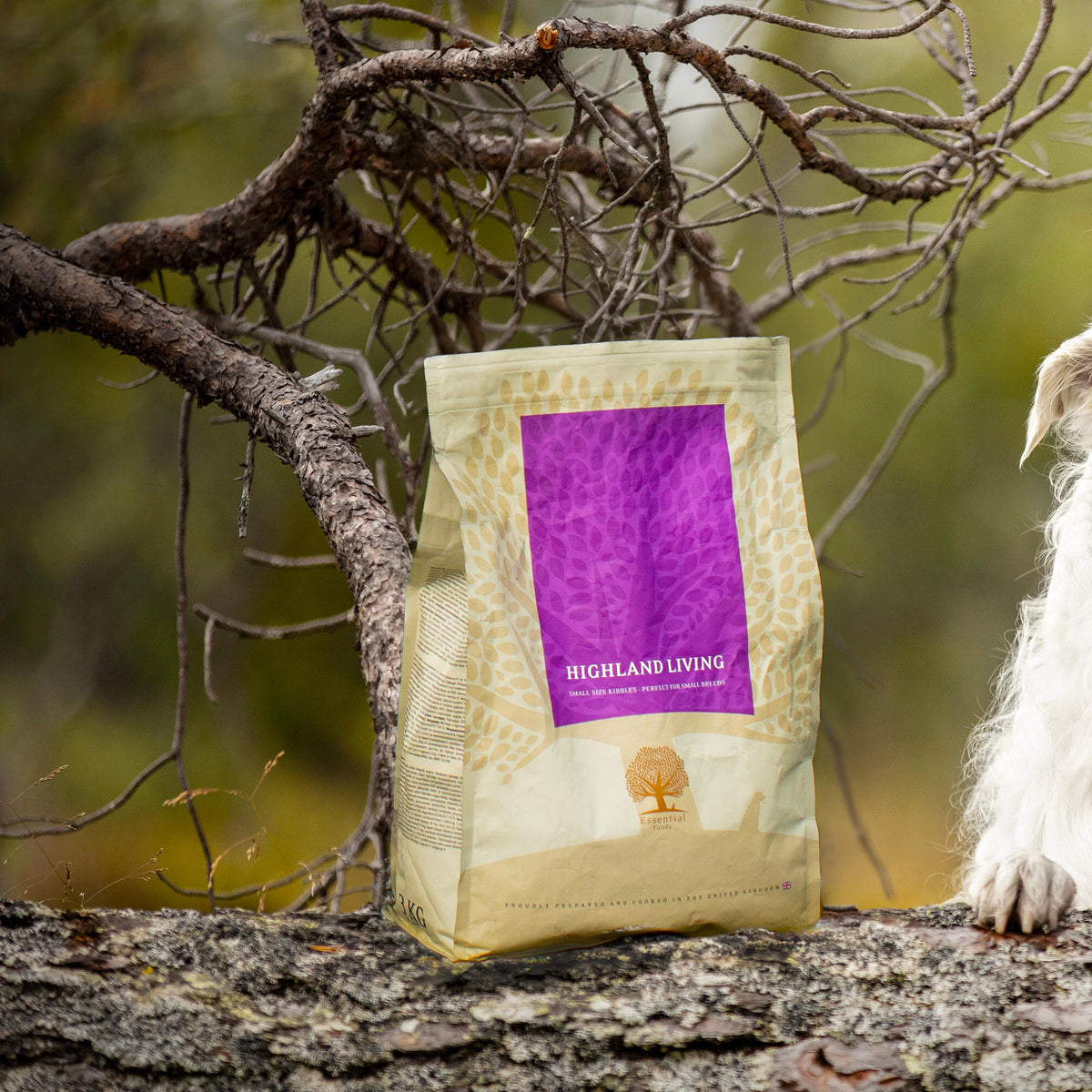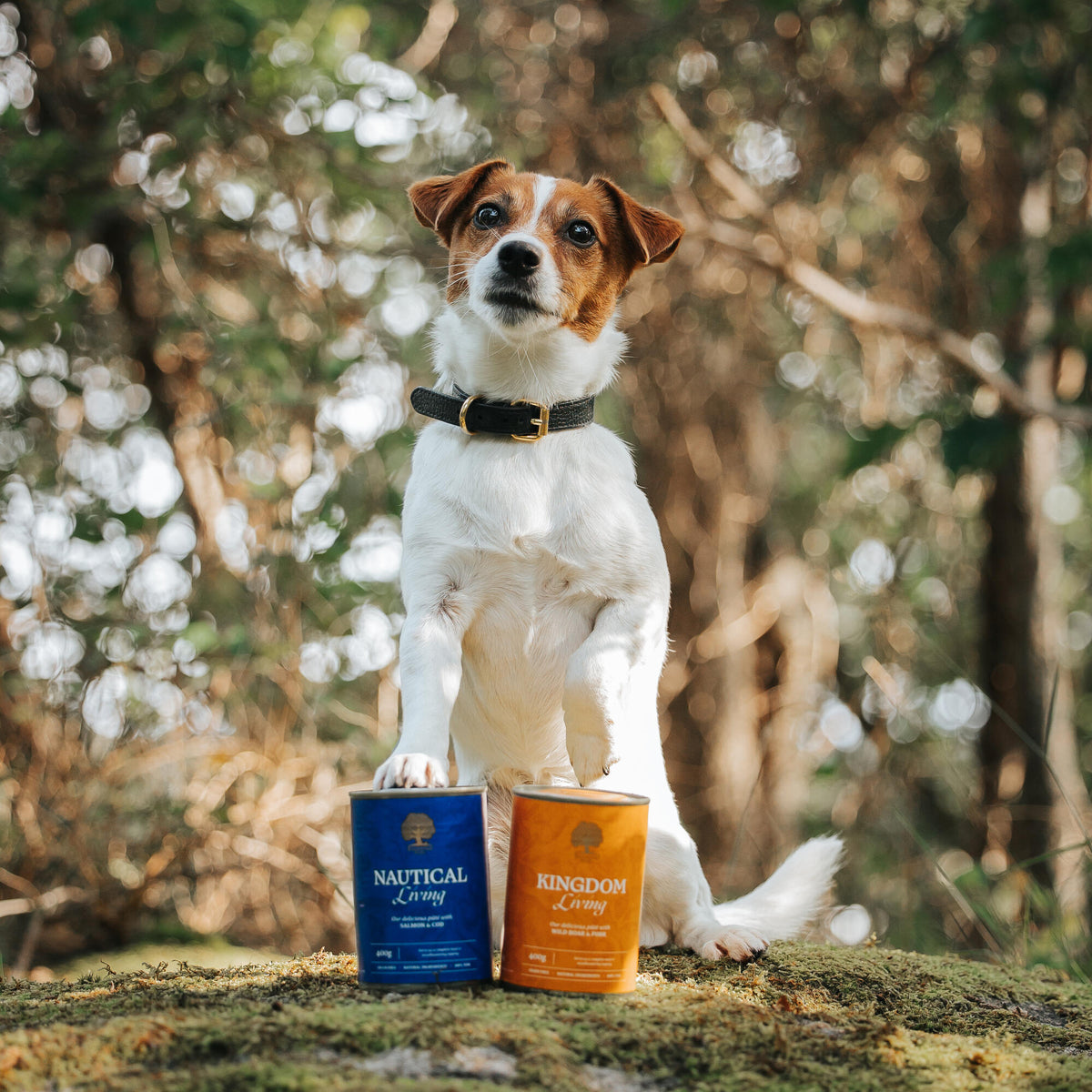Your Cart is Empty

When it comes to feeding your cat, understanding its nutritional requirements is essential. Cats are obligate carnivores, meaning they thrive on a diet rich in animal proteins. The quality of cat food you choose can significantly impact your cat’s health, energy levels, and overall well-being.
Feeding your cat the right amount of food is crucial. While two pouches of cat food might seem sufficient, it largely depends on the brand, nutritional content, and the individual needs of your cat. Factors to consider include your cat’s age, weight, activity level, and health status. Typically, adult cats require about 200-300 calories per day.
Wet cat food, typically sold in pouches or cans, is beneficial for hydration and can be very palatable for cats. However, the calorie content can vary between brands and flavors. It's essential to check the packaging for the recommended feeding guidelines based on your cat's weight and lifestyle.
Dry cat food,or kibble, is another popular option. It is convenient, has a longer shelf life, and can help with dental health by reducing plaque buildup. However, not all dry cat foods are created equal. High-quality dry cat food should have a high meat content and minimal fillers.
For cat owners in Ireland, choosing the best cat food involves considering local brands and their reputation. Look for cat food that lists meat as the primary ingredient and avoid those with excessive grains or artificial additives.
Cats require a diet rich in animal protein. High-meat content cat foods provide the necessary amino acids, vitamins, and minerals that cats need to thrive. These foods are often more palatable, ensuring your cat enjoys its meals and receives adequate nutrition.
When selecting the best cat food for your feline friend, opt for high-meat content kibble. This type of food not only meets the nutritional needs of your cat but also enhances palatability, ensuring your cat loves its meals. Essential cat food with high-meat content offers a balanced diet that promotes health and happiness in your cat.
By prioritizing high-quality, high-meat content cat food, you can ensure your cat remains healthy, happy, and well-nourished.


